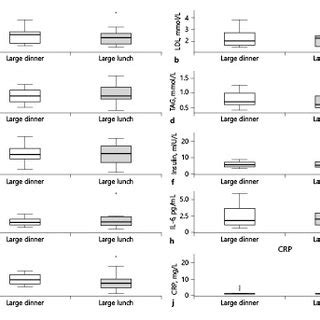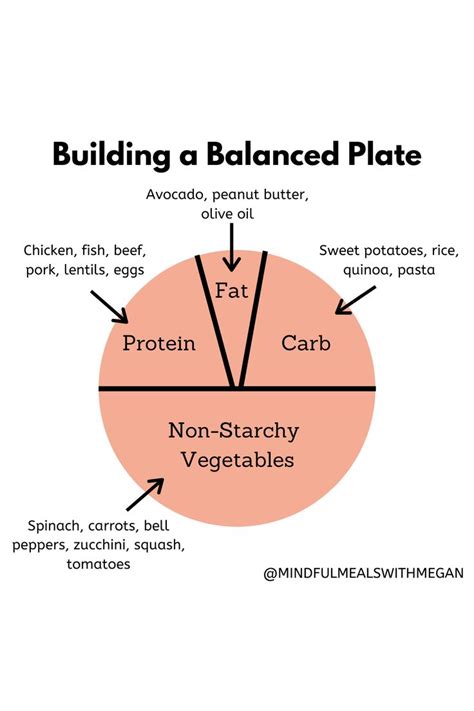What optimal macros and meal timing fuel sustained energy & peak performance for men?

For men striving for sustained energy, peak physical performance, and optimal cognitive function, the strategic management of macronutrients and meal timing is paramount. It’s not just about what you eat, but when you eat it, and in what proportions. This guide delves into the nutritional blueprints that empower men to unlock their full potential.

Understanding the Macronutrient Powerhouses
Macronutrients – carbohydrates, proteins, and fats – are the fundamental components of your diet, each playing distinct yet interconnected roles in energy production, muscle repair, hormone regulation, and overall health.
Carbohydrates: Your Primary Fuel Source
- Complex Carbohydrates: Found in whole grains, vegetables, and legumes, these are your sustained energy providers. They release glucose slowly into the bloodstream, preventing energy spikes and crashes. Crucial for endurance and long-lasting focus.
- Simple Carbohydrates: Sugars found in fruits, dairy, and refined products. While quickly digested and offering immediate energy, excessive intake of refined simple carbs can lead to energy dips. Best reserved for immediate pre- or post-workout fuel.
Protein: The Building Blocks of Strength
Essential for muscle growth and repair, enzyme production, and satiety, protein intake is critical for men, especially those engaged in regular physical activity. Sources include lean meats, poultry, fish, eggs, dairy, and plant-based options like legumes and tofu.
Fats: Essential for Hormones and Health
Often misunderstood, healthy fats are vital for hormone production (including testosterone), nutrient absorption, cell integrity, and providing a concentrated energy source. Focus on unsaturated fats (avocado, nuts, seeds, olive oil) and omega-3 fatty acids (fatty fish).

Crafting Your Optimal Macro Ratios
The ideal macronutrient ratio isn’t one-size-fits-all, as it depends on individual goals (muscle gain, fat loss, maintenance), activity level, and body composition. However, general guidelines for active men seeking sustained energy and performance often look like this:
- Carbohydrates: 40-50% of total daily calories. Adjust higher for intense training or endurance, lower for sedentary individuals or specific dietary approaches.
- Protein: 25-35% of total daily calories. Aim for 0.8-1.2 grams per pound of lean body mass, especially if active.
- Fats: 20-30% of total daily calories. Prioritize healthy unsaturated fats.
Experimentation and listening to your body’s response are key to fine-tuning these percentages.
The Art and Science of Meal Timing
When you eat can be as crucial as what you eat, influencing energy levels, recovery, and nutrient absorption.
Breakfast: Kickstarting Your Metabolism
A balanced breakfast with complex carbs, protein, and healthy fats helps break the overnight fast, stabilize blood sugar, and provide sustained energy for the morning. Skipping it can lead to mid-morning slumps and overeating later.
Pre-Workout Fuel: Preparing for Effort
Consume a meal rich in complex carbohydrates and a moderate amount of protein 2-3 hours before a workout. This ensures glycogen stores are topped up. If less time is available (30-60 minutes), opt for a smaller, easily digestible snack with simple carbs and some protein.
During Workout: Sustaining the Push
For workouts lasting over 60-90 minutes, especially high-intensity or endurance activities, intra-workout carbohydrates (e.g., a sports drink or gel) can prevent fatigue and maintain performance by providing readily available glucose.
Post-Workout Recovery: The Anabolic Window
Within 30-60 minutes after exercise, consume a meal or shake rich in protein and simple carbohydrates. This helps replenish glycogen stores, repair muscle tissue, and initiate the recovery process. The protein-to-carb ratio often recommended is 1:2 or 1:3.
Throughout the Day: Consistent Energy Levels
Distribute your macronutrient intake across 3-5 meals and snacks throughout the day. This keeps blood sugar stable, prevents extreme hunger, and ensures a steady supply of nutrients for sustained energy and optimal body function.
Evening Meals: Recovery and Repair
Focus on lean protein and nutrient-dense vegetables. While carbs aren’t forbidden, opting for slower-digesting complex carbs and avoiding heavy, fatty meals close to bedtime can aid digestion and sleep quality, both vital for recovery.

Putting It All Together: A Sample Day
Here’s an example for an active man:
- Breakfast (7 AM): Oatmeal with berries, nuts, and a scoop of protein powder.
- Mid-Morning Snack (10 AM): Greek yogurt with a piece of fruit.
- Lunch (1 PM): Grilled chicken or fish with quinoa and a large serving of mixed vegetables.
- Pre-Workout (4 PM, if working out at 5 PM): Banana and a small handful of almonds.
- Post-Workout (6 PM): Protein shake with a piece of toast or a small sweet potato.
- Dinner (8 PM): Lean steak or tofu stir-fry with brown rice and abundant colorful vegetables.

Beyond Macros and Timing: Hydration & Micronutrients
While macros and timing are critical, remember that optimal performance also hinges on adequate hydration (water, electrolytes) and a rich intake of micronutrients (vitamins and minerals) from a diverse range of whole foods. These support countless bodily functions and energy pathways.
Individualization: Listening to Your Body
Nutrition is deeply personal. What works perfectly for one man might not for another. Pay attention to how different foods and timing strategies affect your energy levels, mood, performance, and recovery. Keep a food journal, track your progress, and be willing to adjust. Consulting with a registered dietitian or a sports nutritionist can provide personalized guidance tailored to your specific needs and goals.

Conclusion
Mastering optimal macronutrient intake and strategic meal timing is a powerful strategy for men seeking sustained energy and peak performance in all aspects of life. By understanding the roles of carbohydrates, proteins, and fats, and orchestrating their consumption throughout the day, you can fuel your body effectively, enhance recovery, and unlock a new level of physical and mental vitality. Embrace this nutritional journey, listen to your body, and commit to consistent, smart eating habits to achieve your best.








